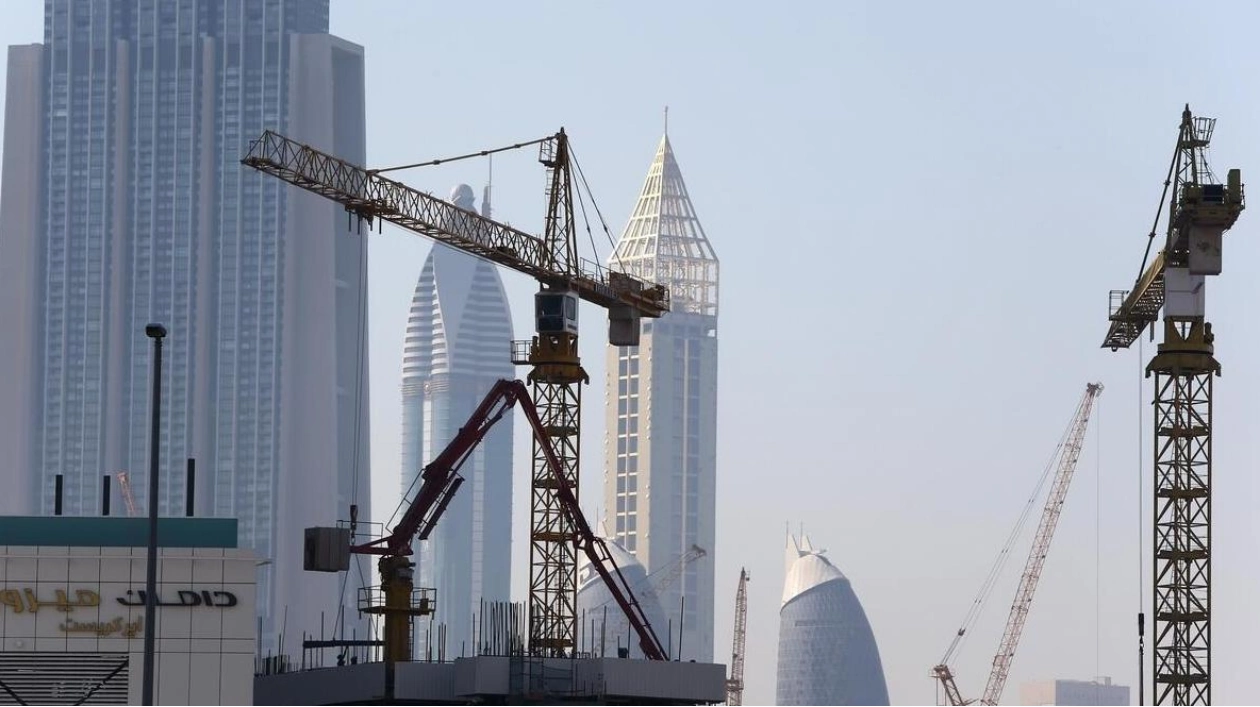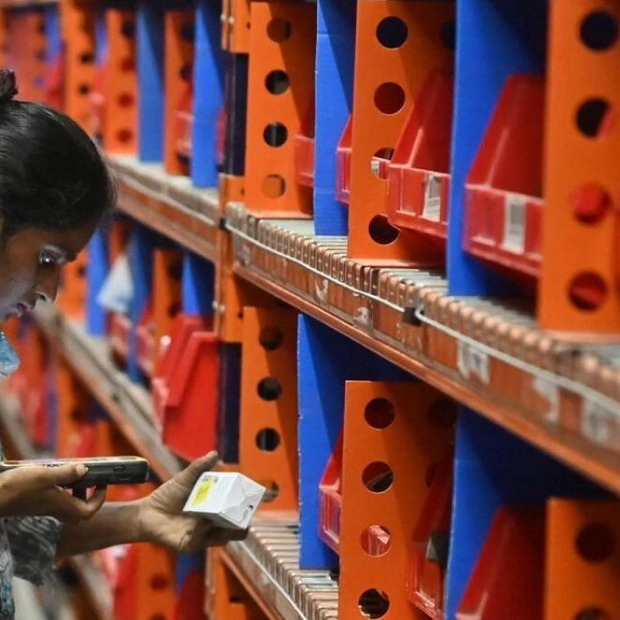Certain developers are introducing payment schemes that guarantee projects are not aborted and are completed before schedule. Industry leaders report that some developers collect approximately 40% of the payment from buyers within a year of launching a project off-plan, and up to 50% within 14 months. Consequently, developers are well-funded, which accelerates project progress towards completion and early handover. However, some developers also offer very flexible payment plans, focusing on maintaining a steady cash flow from investors, particularly in more affordable areas.
Post-pandemic, Dubai's real estate market has experienced significant growth across all segments due to extraordinary demand from both residents and foreign investors. Farooq Syed, CEO of Springfield Properties, noted that developers are financially robust thanks to appealing payment plans. For instance, a prominent developer collects about 40% of the payment in the first year and 50% within 14 months of the project launch, despite construction progress being less than 10%. This robust financial flow ensures timely project construction, reducing the likelihood of delays or cancellations in the coming years.
Syed further explained that if buyers pay 40% at the project's initial stage, the chances of its completion are high, even if the market slows down. Currently, the risk of defaults is minimal, and construction is progressing rapidly, with projects being handed over before their scheduled completion dates. Developers like Danube Properties, Imtiaz Developments, and Binghtti Developers have already announced the early completion of their projects, showcasing their strong financial capabilities.
Sijo Jose, team leader at Betterhomes, highlighted recent aggressive payment terms, such as 80% during construction and 20% upon handover, or even 90:10 terms. Ramjee Iyer, chairman and managing director of Acube Developments, confirmed that developers are adopting aggressive payment plans to attract buyers, offering flexible payment schedules to maintain high demand and appeal to a diverse range of buyers, including investors and end-users.
While these aggressive payment plans aim to attract buyers and boost sales, they do not always indicate that developers are cash-rich. Instead, they can be strategies to manage cash flow and ensure steady revenue over time. By offering extended payment plans, developers can maintain a steady cash flow over several years, aiding in financial management and ongoing projects. These plans also enhance market competitiveness by making properties more accessible to a broader range of buyers, thus boosting sales volume and market share.
Developers typically rely on a mix of their own funds, bank loans, and investor capital; extended payment plans can secure more buyers, attracting additional investment and financing options. The overall economic environment, including interest rates and market demand, significantly impacts developers’ financial health. On the positive side, aggressive payment plans increase accessibility by making properties more affordable to a broader range of buyers and lowering the financial barrier for first-time homebuyers. This attracts more buyers, boosting sales volume and appealing to both end-users and investors. It ensures a steady stream of income over time, helping developers manage finances and fund projects.
However, delayed revenue collection can strain developers' finances, requiring robust planning to sustain operations. There’s also a higher risk of buyers defaulting on payments, leading to potential legal and administrative costs. The success of these plans depends on the economic environment and market demand; adverse conditions can affect buyers' ability to make payments. Importantly, aggressive payment plans might drive down perceived property values and affect long-term price stability.






